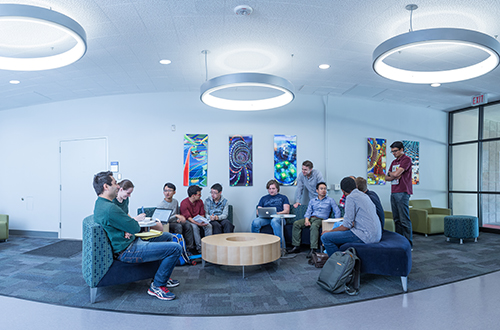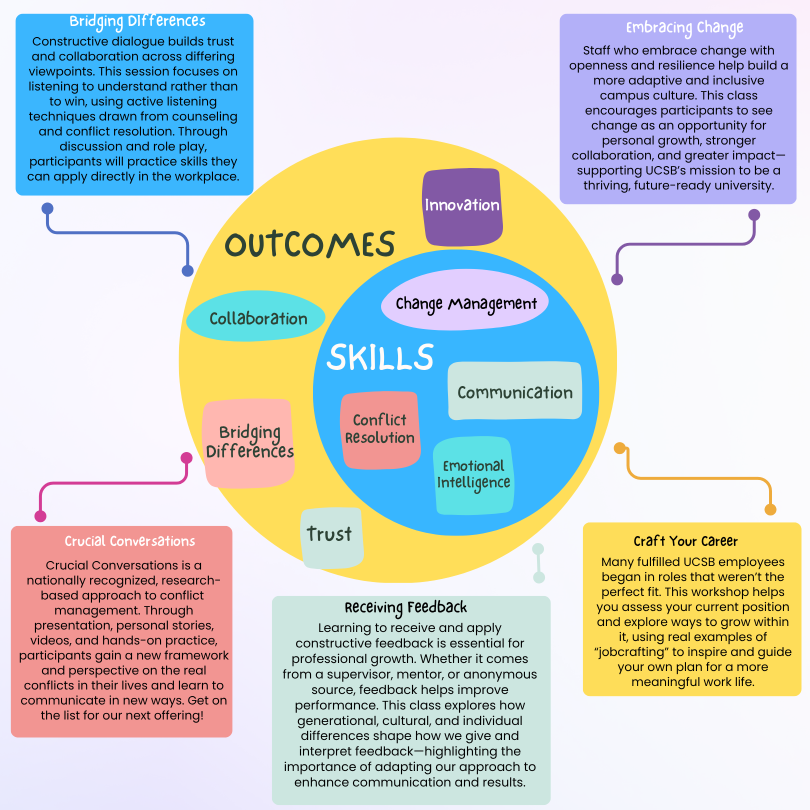 |
ConsultationThe ombuds can provide information, review policies, and discuss possible next steps, including formal options or referrals to other offices. Getting a new perspective and weighing the pros and cons, can help visitors make better decisions. The ombuds also identifies patterns to inform leaders of trends affecting their units. How to prepare for your appointment Common concerns:
|
|||
 |
MediationMediation is a voluntary and informal process where two or more individuals come together to work out their differences with the help of an impartial mediator. Participants develop their own solutions to their conflict. The ombuds may also assist in direct communication or act as a shuttle diplomat or intermediary between individuals, with their permission. We usually meet with each person individually beforehand. |
|||
 |
FacilitationWhen the Office of the Ombuds facilitates a conversation, the ombuds manages the process of the meeting, allowing the group to focus on the core issues. The ombuds empower participants and enable leaders to participate fully in the matter at hand. The ombuds is available at any stage of a discussion to help a department manage the conversation, whether a standard annual retreat or when dealing with difficult decisions or events. |
|||
 |
WorkshopsThe Office of the Ombuds provides workshops to raise awareness, build skills, and strengthen campus culture. The ombuds staff can offer customized sessions to meet the specific needs of departments or groups. |
